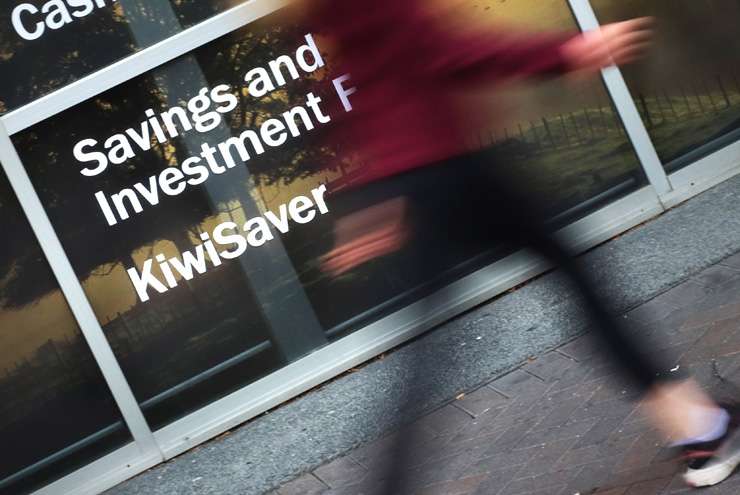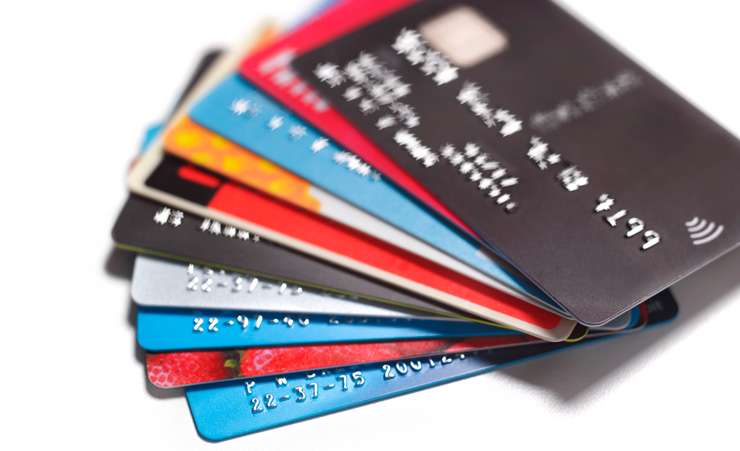If you’ve decided to buy your first home, you’ll need to save for a deposit and the sooner you start the better. Here are some practical tips to help you start saving.
Work out how much you need to save
To set your savings target for the deposit, work out approximately what you expect your first home to cost at the time when you’re ready to buy. With that figure you can work out how much your 5%, 10% or 20% deposit will be in dollar terms.
If your first home is likely to cost $600,000, a 5% deposit is $30,000, a 10% deposit is $60,000, and 20% is $120,000. For an $800,000 house, that’s $40,000, $80,000 and $160,000. You’ll probably need another $5000 to $10,000 for your purchase and moving costs.
Start your property search
How long will it take?
How long it will take you to save for a deposit on your first home will depend on:
• What the home will cost
• How much deposit you will need, and
• How much disposable income you have to save after necessities are paid for.
With a brand-new home, the deposit is usually 10%. Those who qualify for schemes such as Kāinga Ora’s First Home Loan it could be 5% if you meet certain income and property price thresholds.
Once you know how much deposit you need, divide that by the sum you plan to save weekly or monthly, and from this you can work out how many years it will take to get your deposit together.
If you can, saving more than the minimum deposit makes sense. With a higher deposit, you will sometimes get a lower interest rate. Also, because you’re borrowing less, your regular interest payments will be lower. They’re calculated on the outstanding mortgage balance.
Using KiwiSaver
The very best place to keep your first-home savings is in KiwiSaver because of the benefits for first- home buyers. You’ll need to save for at least three years in KiwiSaver before you can use it to buy your first home. To get the most out of KiwiSaver you need to save for five years or more.
All KiwiSavers receive a government contribution of up to $521.43 each year on the first $1042.86 saved. If you’re employed, you should also receive a contribution from your employer equal to 3% of your gross income, unless you have a total remuneration clause in your contract. Another advantage of saving for a home loan with KiwiSaver is you can’t be tempted to dip into your savings.

KiwiSaver can be a first-home buyer's best way into the housing market. Photo / Getty Images
After three years you can withdraw all of your savings as well as employer contributions and investment growth, except for $1000, to buy your first home.
Tools to help you save
All the banks have mortgage calculators, which give you an indication of how much your mortgage will cost each fortnight or month. Sorted.org.nz also has a mortgage calculator. Some banks have goal planners.
The banks may be able to split your pay into various accounts as it comes in, which makes saving easier.
How to create a budget
Budgeting is essential for anyone who is serious about saving for a first home. It will help you prioritise spending in order to reach your goal faster.
First, download your bank account, credit card and loan statements for the past three months and then categorise the spending under headings such as: food, utilities, rent, giving, saving, and fun money.
Next, compare your expenses with your earnings.
• If you are spending more than you earn: you will need to cut costs.
• If you break even each month: you may have enough income to cover mortgage repayments.
• If you have a surplus income each month: this is a good place to be, but you might still need to reduce your outgoings to reach your savings goal.
Budget apps and spreadsheets are available on the Internet. Sorted has a simple budgeting tool. Most banks also have tools to help you budget.
There are many budget apps on Google Play and the App Store. Make sure the one you choose works for New Zealand. Some budgeting apps such as Booster’s mybudgetpal (free) and PocketSmith (paid) download your bank transactions automatically, which makes budgeting quicker.

Cutting back on your expenses and learning to shop smarter, especially for groceries, can help. Photo / Getty Images
Top savings tips
Saving for a house deposit is not easy, but the sooner you have a deposit, the sooner you can buy. Earning more money makes saving for a deposit easier. It also increases the amount you can borrow. Decreasing what you spend now can pay off. If you’re like most New Zealanders, you’ll spend more than you need to, and small expenses add up very quickly.
Try gaming yourself to spend less and save more. That might encourage you to think before spending unnecessarily. If you want your budget to succeed, always make sure you give yourself a fixed sum of “fun” money each pay packet to spend on whatever you want, then manage the rest carefully.
• Increase your KiwiSaver contributions. If you’re already saving all you can, great. If you need some encouragement, you could increase your KiwiSaver contributions because it comes out of your pay before you receive it. You can choose contributions rates of 3%, 4%, 6%, 8% or 10%. Then just adjust your budget around your new net pay. If you can’t commit to putting away more in KiwiSaver because you might need it in emergencies, at least set up automatic payments from your bank account into savings.
• Pay off consumer debt. If you’re paying interest on store cards, credit cards, hire purchase, or other debts, or paying fees on buy now pay later, it’s slowing down your savings. Pay off the highest interest debt first if you can. Paying down consumer debt is important if you’re getting ready to buy. Any debt you still have, including student loans and buy now pay later, will reduce the amount you can borrow because you have less spare money to pay your mortgage. If you can’t increase payments on the existing debt as well as save for a deposit, then at least stop taking out new debt. If you can’t trust yourself, cut up your credit and store cards and close down buy now pay later accounts.
• Ask parents for help. Some parents are in the financial position to help and may be able to lend or gift you some of the deposit, or just let you live at home while you save.
• Find an additional source of income. Some savers get a second job, or a side hustle to make extra money. You might also want to sell off some unwanted belongings. Doing so could add a few thousand dollars to your savings, but also teach you not to confuse needs and wants in the future.

Credit card debt can sink a savings plan. Photo / Getty Images
• Get a pay rise or switch jobs. You can increase your income by seeking a promotion or switching employers. Earning more at work isn’t always easy. Look at your skill set then talk to your boss or human resources department about how you can move up in the organisation. If there are no possibilities within your existing organisation, it may be time to move.
• Reduce your day-to-day expenses. Making savings is easier than you think. Take a really hard look at your bank and credit card statements. Most people have more entries for lunches, coffees, takeaways, and restaurants than they think. List your subscriptions from software to Netflix. Cut them out, or limit the number to make them a treat.
• Watch living costs. Rent eats up a huge chunk of your income. Saving for a deposit could be easier if you move back home, take in flatmates, or get a cheaper rental. It’s not forever and can speed up your home purchase considerably.
• Learn how to save money on groceries. One of the big expenses where we confuse wants and needs is our supermarket trolley. Plan your meals, learn to cook, and ask yourself if every item in your trolley is a necessity. Many aren’t. Compare prices between mainstream supermarkets and other suppliers. You may have a Chinese or Indian supermarket near you, a cheap fruit and vegetable shop, or a farmers’ market. Savings can be considerable.
• Shop around for better deals on your power, broadband and mobile phone. If you haven’t done this for 12 months most likely you’re on an old plan, which costs more than the latest one being offered to new customers.
• Speak to an accountant, mortgage adviser (broker) or financial adviser early on. They can give useful advice.
-------
>> Next steps: The OneRoof first home buyer's guide part 3 - How to get a home loan








































































